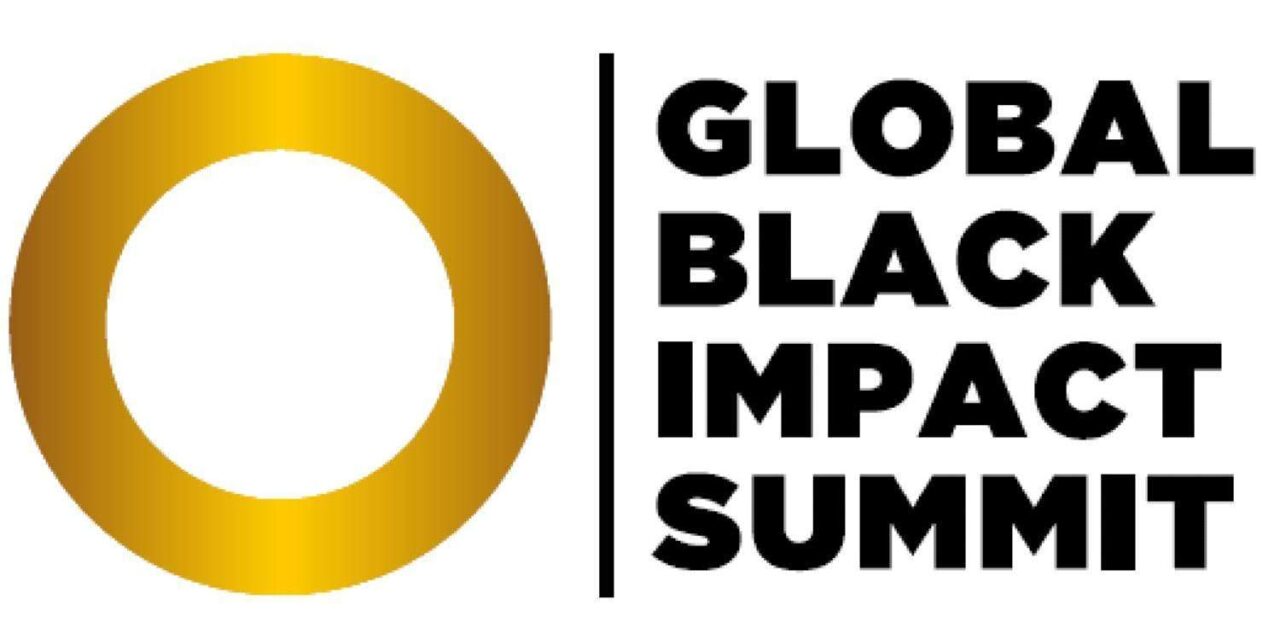In the evolving corporate landscape, inclusivity and diversity have become key pillars via which businesses and organizations can advance in the global marketplace. The upcoming Global Black Impact Summit (GBIS) scheduled for February 27 in Dubai, will elaborate on the growth opportunities associated with fostering inclusion in the workplace, and how companies can translate these values into tangible results.
By harnessing a wide range of cultures and backgrounds, organizations can tap into a wealth of ideas, experiences and insights able to propel them to unprecedented levels of success. Many leading and Fortune 500 companies have reached new heights, specifically by leveraging a diverse talent pool and prioritizing inclusivity in their recruitment and selection processes.
American multinational Johnson & Johnson was able to transform into a global pharmaceutical powerhouse by investing in its vision of diversity and inclusion. The company earned the title of Best Company for Diversity by Diversity magazine in 2018 and was placed among the top 15% of companies by Comparably’s diversity score in 2023. By 2025, Johnson & Johnson aims to achieve 35% racial diversity in management positions.
Professional services and consulting company Accenture has been included in the Bloomberg Gender-Equality Index for five consecutive years, also owing to its dedication to diversity. The company has demonstrated a resolute commitment to achieving gender parity within all levels of the organization, targeting a 50:50 ratio by 2025.
A clearly defined target is one of the first steps towards achieving widespread diversity and inclusion and enabling firms to reap the benefits of these values. Global business consulting firm Ernst & Young, for example, was one of the first four accounting firms to embrace diversity by appointing a top-level, full-time executive to oversee diversity recruitment. Mastercard, ranking fifth in Diversity’s top ten list for four consecutive years, also boasts a diverse workforce, with one in four of its senior global executives being a person of color and 39% of its global workforce comprising women.
Another strategy for fostering diversity in the workplace is implementing cultural competence training, which equips employees with the tools to understand and appreciate diverse cultures, break down stereotypes and foster a more inclusive work environment. Under the theme, Black Excellence: Unleashing the Unexplored Potential for Global Unity, GBIS 2024 features high-level discussions, presentations and workshops on guiding organizations and individuals on their journey toward building a more inclusive culture.


